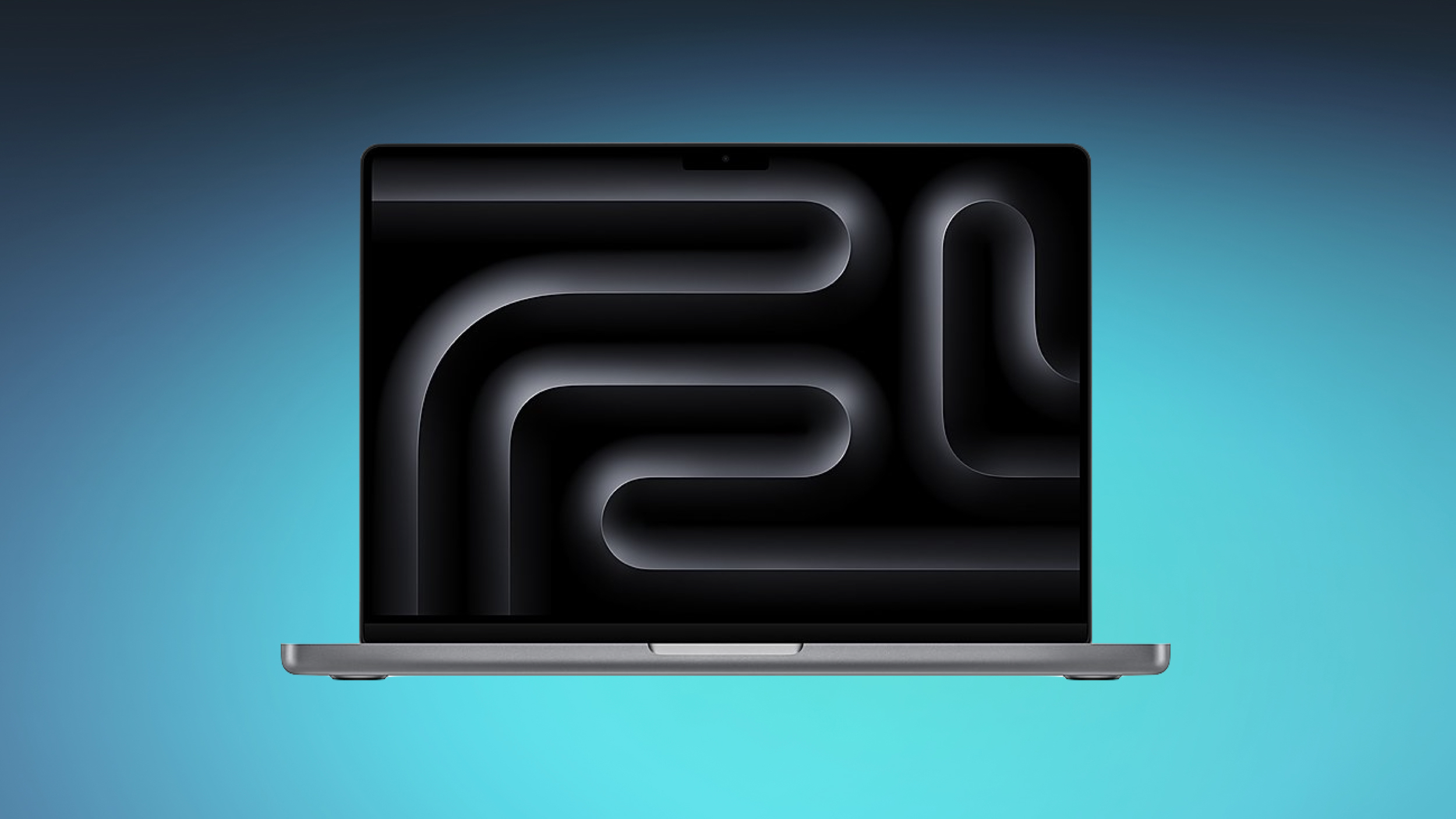When new products launch, Apple fans in Australia and New Zealand are always the first to get their hands on updated devices because of their time zone. It is Tuesday, November 7 in those two countries, which means customers who ordered a new M3 MacBook Pro or iMac are now beginning to receive their shipments.

Apple customers will soon be sharing photos and first impressions of the New Macs on Instagram, Twitter, Reddit, and the MacRumors forums. If you've received a new Mac, make sure to let us know your thoughts in the comments below!
Apple introduced the new Macs at its "Scary Fast" event on October 30, which was the first nighttime event that Apple has held. Apple debuted the M3-series chips, and it also marked the first time that standard, Pro, and Max Apple silicon chips have been introduced at the same time.
The 14-inch and 16-inch MacBook Pro models can be purchased with the M3, M3 Pro, or M3 Max chip, while the 24-inch iMac has the M3. Today's orders will feature the M3 and M3 Pro machines, as the MacBook Pro models with M3 Max had delivery dates ranging from November 9 to November 13 when Apple first began accepting orders. We won't see customers with the initial M3 Max MacBook Pro orders until later this week.
Apple made no design updates to the MacBook Pro or the iMac when it refreshed the chips inside. The MacBook Pro models also received a minor display update to increase the SDR brightness by 100 nits, while the iMac also got support for Wi-Fi 6E, more maximum memory, and Bluetooth 5.3.
Built on 3-nanometer technology, the M3 chips have a next-generation GPU with support for hardware-accelerated ray tracing and mesh shading, along with Dynamic Caching for improved GPU utilization. According to Apple, the M3, M3 Pro, and M3 Max chips are up to 50 percent faster than the M2, M2 Pro, and M2 Max chips.
New Zealand does not have any Apple retail stores, so customers in Australia will be the first to be able to pick up one of the new Macs in an Apple Store. We are not expecting supply shortages, and the updated machines should be readily available for those who want one. Note that Apple Stores offer stock configurations, so customers who want to upgrade the memory, SSD, or chip will need to order a custom machine online.
Following New Zealand and Australia, sales and deliveries of the new Macs will kick off in Asia, the Middle East, Europe, Africa, and finally, North and South America. Make sure to stay tuned to MacRumors because we'll have a hands-on and unboxing tomorrow, as well as deeper looks at the performance of the new machines.
This article, "First M3 MacBook Pro and iMac Orders Begin Arriving to Customers" first appeared on MacRumors.com
Discuss this article in our forums
Source: TechRadar

Apple customers will soon be sharing photos and first impressions of the New Macs on Instagram, Twitter, Reddit, and the MacRumors forums. If you've received a new Mac, make sure to let us know your thoughts in the comments below!
Apple introduced the new Macs at its "Scary Fast" event on October 30, which was the first nighttime event that Apple has held. Apple debuted the M3-series chips, and it also marked the first time that standard, Pro, and Max Apple silicon chips have been introduced at the same time.
The 14-inch and 16-inch MacBook Pro models can be purchased with the M3, M3 Pro, or M3 Max chip, while the 24-inch iMac has the M3. Today's orders will feature the M3 and M3 Pro machines, as the MacBook Pro models with M3 Max had delivery dates ranging from November 9 to November 13 when Apple first began accepting orders. We won't see customers with the initial M3 Max MacBook Pro orders until later this week.
Apple made no design updates to the MacBook Pro or the iMac when it refreshed the chips inside. The MacBook Pro models also received a minor display update to increase the SDR brightness by 100 nits, while the iMac also got support for Wi-Fi 6E, more maximum memory, and Bluetooth 5.3.
Built on 3-nanometer technology, the M3 chips have a next-generation GPU with support for hardware-accelerated ray tracing and mesh shading, along with Dynamic Caching for improved GPU utilization. According to Apple, the M3, M3 Pro, and M3 Max chips are up to 50 percent faster than the M2, M2 Pro, and M2 Max chips.
New Zealand does not have any Apple retail stores, so customers in Australia will be the first to be able to pick up one of the new Macs in an Apple Store. We are not expecting supply shortages, and the updated machines should be readily available for those who want one. Note that Apple Stores offer stock configurations, so customers who want to upgrade the memory, SSD, or chip will need to order a custom machine online.
Following New Zealand and Australia, sales and deliveries of the new Macs will kick off in Asia, the Middle East, Europe, Africa, and finally, North and South America. Make sure to stay tuned to MacRumors because we'll have a hands-on and unboxing tomorrow, as well as deeper looks at the performance of the new machines.
Related Roundups: iMac, MacBook Pro 14 & 16"
Buyer's Guide: iMac (Buy Now), 14" & 16" MacBook Pro (Buy Now)
Related Forums: iMac, MacBook Pro
This article, "First M3 MacBook Pro and iMac Orders Begin Arriving to Customers" first appeared on MacRumors.com
Discuss this article in our forums
Source: TechRadar